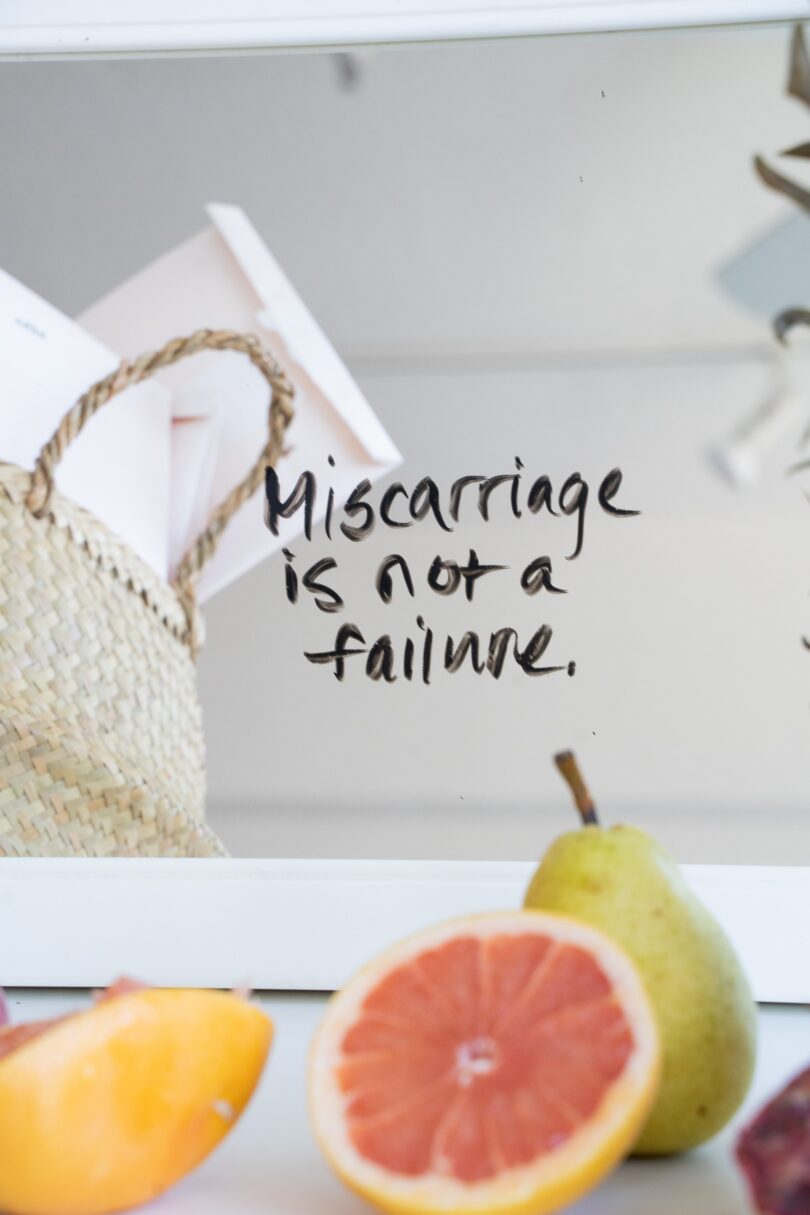Research published ahead of Baby Loss Awareness Week (9-15 October 2023) shows attitudes toward miscarriage are changing, but more must be done to improve support for those in need, writes Tim Barnes-Clay.
In 2015 Tommy’s surveyed thousands of supporters to find out more about their feelings toward their miscarriage or miscarriages, and how other people reacted when told the news.
Survey results were published as part of the charity’s ‘misCOURAGE’ campaign, to raise awareness of how misunderstood miscarriage is by the general public, and how these misunderstandings affected those who lost their babies.
Tommy’s doesn’t believe that miscarriage has to be “just one of those things”, and in 2015 opened the UK’s first National Centre for Miscarriage Research. It’s now delivering research breakthroughs and much-needed changes to care. For example, a breakthrough in the use of progesterone as a treatment for bleeding in early pregnancy will save around 8,500 babies’ lives every year.
A repeat survey of Tommy’s supporters this year (2023) reveals that despite the awareness-raising work of pregnancy and baby loss charities, and the increased visibility of miscarriage in the media, there’s still a long way to go before attitudes really change.
Feelings of guilt and failure
61% of respondents in the repeat survey said that they did think attitudes toward, and awareness of, miscarriage had changed in recent years.
But Tommy’s latest survey of almost 2,000 people who had experienced one or more miscarriages in the past eight years found that:
- 78% felt like a failure after miscarriage – the same percentage as in 2015
- 71% felt guilty, compared with 77% in 2015 – a fall of just 6%
- 59% said that they found it difficult or very difficult to talk about their miscarriage – a fall of just 6%
- 29% – more than a quarter – said they could not talk to their partner, if they had one, for support.
Harmful responses
When they did decide to share what had happened, the majority continued to be met with comments that showed a lack of understanding about the impact of losing a much-wanted baby.
This year’s survey does suggest a small improvement in attitudes, but shows that more should be done to help people understand the impact of miscarriage and to know how to respond and support a friend, family member or colleague:
- 75% heard “it wasn’t meant to be” compared with 84% in 2015
- 53% were told “at least it happened early” compared with 57% in 2015 – a comment which minimises the deep emotional trauma many experience after loss at whatever point in pregnancy it occurs
- 49% were advised to “just try again” compared with 59% in 2015
However, 71% heard “it’s just one of those things” – the same percentage as in 2015.
This attitude suggests that miscarriage is inevitable, but Tommy’s know this isn’t the case.
By leading new research, growing evidence and understanding, and translating that research into information, support and care, change is possible: baby loss and pregnancy complications do not have to be “just one of those things”.

Amina Hatia, Tommy’s Midwifery Manager, said: “We know how difficult it is to find the right words or actions to respond when you hear from a loved one, a friend, or perhaps a colleague, that they have had a miscarriage.
“People instinctively turn to cliches to find a silver lining, but they rarely help. Many people will feel like parents from the second they see the line on a positive test – they don’t want to hear about ‘next time’ or that ‘it wasn’t meant to be’. A new baby or pregnancy does not replace the one who was lost.
“Most importantly, remember that you don’t have to have an answer, or an explanation. Everyone is different and it’s important to let people grieve the way they want to. Sometimes people aren’t looking for advice about what they can do. They just need someone to listen to how they feel.
“You may worry that if you don’t know what to say or think then it’s best not to say anything, but the simple act of acknowledging someone’s loss can really help. Just let them know that you’re sorry for what has happened and that you are there for them. Saying sorry and that you are there to listen can be enough.
“Simply asking ‘how are you doing?’ can mean the world – it can be very difficult to know if someone wants to talk about a painful event. If they don’t want to talk about it, they will let you know, but try not to let this fear stop you from asking.”
Baby loss information and support is available at: Baby loss information and support | Tommy’s (tommys.org).
To speak to a Tommy’s midwife about any aspect of your pregnancy, or if you need support following a pregnancy loss, contact the team at midwife@tommys.org. You can also call them for free on 0800 014 7800 (Monday to Friday, 9am to 5pm).









Leave a Comment
You must be logged in to post a comment.